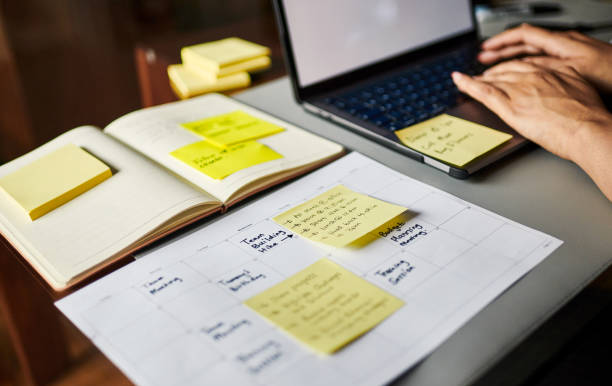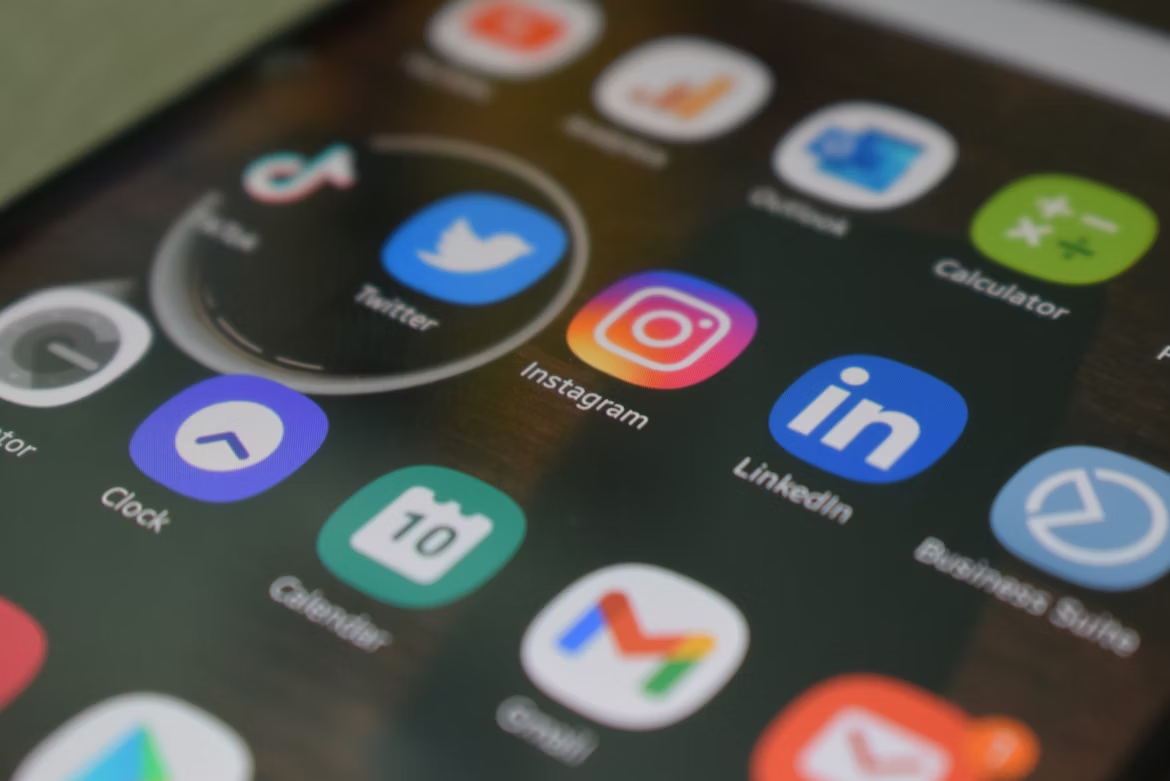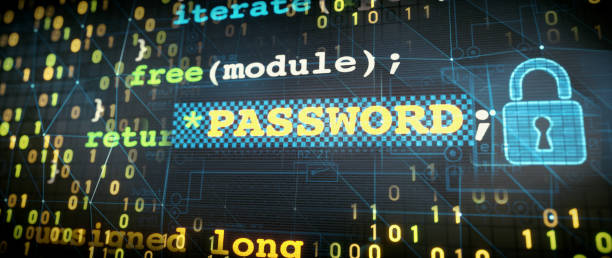Introduction
Life gets messy—between work, chores, goals, social plans, and hobbies, it can feel like you’re juggling flaming swords. That’s where Notion comes in.
Why Notion is a Game-Changer
Notion is more than a note-taking app—it’s an all-in-one life organizer. Whether you’re managing your business, personal goals, health, or Netflix backlog, Notion helps you keep everything in one neat, customizable space.
Who This Guide is For
If you’re tired of sticky notes, 47 open tabs, and a phone full of half-baked reminders—this guide is for you. Whether you’re a student, freelancer, parent, or CEO, you’ll find value here.
Getting Started with Notion
What is Notion, Really?
Notion combines the power of notes, documents, databases, task managers, and wikis all in one. Think of it as a digital Swiss Army knife for your brain.
Setting Up Your Account
Just visit Notion.so and sign up.
Free vs Paid Plans
The free version is powerful enough for most people, but if you want advanced permissions or unlimited version history, the paid plans might be worth exploring.
Quick Interface Overview
On the left, you’ve got your sidebar with all your pages. The main area is where you create your magic using blocks—text, images, checkboxes, tables, and more.
Understanding the Building Blocks
Pages and Blocks Explained
Everything in Notion is made up of “blocks”—a paragraph, image, checklist, table, or video embed is a block. Pages are made up of these blocks, and you can nest pages inside each other.
Databases, Views, and Templates
Databases are where Notion really shines.
List, Table, Board, Calendar, Gallery
Each database has different views:
-
Table for Excel-style tracking
-
Board for Trello-style kanban
-
Calendar for scheduling
-
Gallery for visuals (great for books or travel)
Using Templates to Save Time
You can either use Notion’s built-in templates or grab thousands from creators on Notion Everything or Red Gregory.
Creating Your Life Dashboard
Why a Dashboard is Essential
A life dashboard is like your digital home base. It’s where you can see everything—to-do lists, goals, calendar, and more—all in one view.
How to Build a Master Life Hub
Linking to Subpages
Create a “Home” page and add links to all your important areas: Personal, Work, Finance, Health, etc.
Using Icons and Covers
Customize with emojis, icons, and header images—it makes it fun and visually easier to navigate.
Organize Your Personal Life
Daily Planners & To-Do Lists
Use a simple template with checkboxes for daily planning. Add priority tags and due dates to stay on track.
Goal Setting & Habit Tracking
Monthly and Weekly Goals
Break your long-term goals into weekly and monthly chunks. This keeps you from feeling overwhelmed.
Progress Bars and Checklists
Visual progress bars make reaching goals more satisfying. Plus, who doesn’t love checking things off?
Managing Work and Productivity
Task Management for Professionals
Use databases to create to-do lists, assign deadlines, and track progress. Add filters for “Today,” “This Week,” or “Overdue.”
Project Management with Kanban Boards
Agile Workflow for Freelancers
Use kanban boards to move tasks from To Do ➝ Doing ➝ Done. This is perfect for creative or tech work.
Assigning Tasks & Deadlines
If you’re collaborating, you can tag team members and assign tasks. It’s like Trello meets Google Docs.
Organizing Finances
Budget Tracker Templates
Create a monthly income and expense tracker. Use the Table view to sort and sum your expenses.
Expense Management
Recurring Expenses
Add a column to track subscriptions—Netflix, Spotify, Adobe—you name it.
Savings Goals
Create a savings database where you log progress toward trips, gadgets, or emergency funds.
Health and Wellness Tracking
Fitness Tracker Layout
Log workouts, reps, cardio minutes, and personal records. Add weekly reflections to stay motivated.
Meal Planning and Grocery Lists
Weekly Meal Prep
Use a table for each day’s meals and another for groceries. Link ingredients to your recipes page for easy reference.
Nutritional Breakdown Tables
Add calories, protein, carbs, etc. to each recipe and track your daily intake.
Content Creation and Learning
Blogging and YouTube Planning
Plan your content pipeline, SEO research, post schedules, and thumbnail designs in one dashboard.
Reading List & Note-Taking
Book Summaries
Add pages for each book with summaries, quotes, and key takeaways.
Course and Skill Tracking
Track courses from platforms like Coursera, Skillshare, or YouTube. Rate them, set deadlines, and mark your progress.
Organizing Relationships
Contact Management
Create a contact book with names, numbers, and notes like “likes jazz” or “allergic to peanuts.”
Birthdays, Anniversaries & Special Dates
Create a calendar view to never forget a birthday again. Set reminders if needed.
Travel Planning with Notion
Packing Lists
Make packing templates you can reuse for every trip



